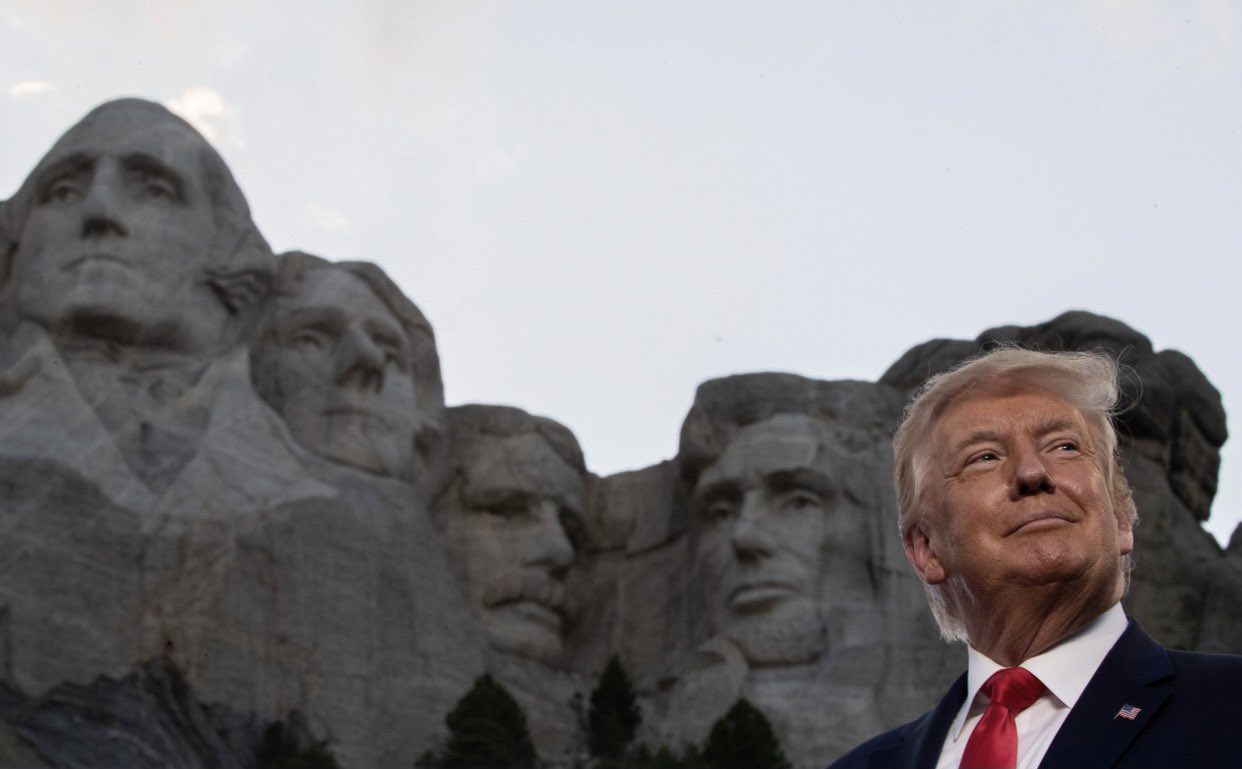Dark Jester
Shadow diplomacy is a new idea that has entered the public sphere. This is an extension of the concept of shadow government which I discussed in a previous article about ‘parallel polis’.
The idea of a shadow government is one that is a fixture of European politics. It comes from the idea of a ‘shadow cabinet’ in which parties in the opposition would form an alternative to the current government, scrutinising them and forming a viable replacement for them in the next elections. While this ‘shadow government’ may not have formal government powers, they still hold significant political influence.
This idea was somewhat twisted in American political discourse to mean unelected figures who truly control affairs through puppet politicians. It is this twisted interpretation that has been used by the mainstream media to accuse Donald Trump of ‘organising a coup’. However, as I mentioned before in my last article, what Donald Trump is in effect doing is simply forming a ‘shadow government’ in the US context by supporting and endorsing MAGA loving, patriotic candidates at the federal, state and local levels of government.
He is also running a ‘shadow presidency’, listening to voters, scrutinisng the Biden administration and the Democrats and also continually strategising about how to respond to Biden’s disastrous policies. All of this, creating an alternative and viable replacement to the current administration and supporters. This is in the face of the declining confidence and support for the Biden administration. This is complemented by his formation of a ‘shadow cabinet’ to help in all areas and sectors, formulating policies to be implemented at the event of his running again and possible reelection.
One further development of this is what the mainstream media calls ‘shadow diplomacy’. This is a term that entered the public discourse this year. There is some dispute over who coined the term. One person who used it was Forbes journalist Nicholas Reimann, who reported on Trump sending an envoy to the Serbia-Kosovo border to address the tensions there. However, it was also used by Peter Martin in his May 2021 book China’s Civilian Army in reference to the efforts of Zhou Enlai, the Chinese Communist Party’s foreign envoy, who served as the representative of China in international affairs despite the CCP at that time not being formally recognised as the legitimate government of China.
‘Shadow diplomacy’ could be seen as an extension of the ‘shadow government’ and ‘shadow presidency’ which makes up the alternative society that’s being created. As part of that, this means engagement between the alternative societies around the world. When official diplomatic channels are no longer adequate to serve the interests of nations, then it becomes necessary for unofficial diplomacy to take place for representatives from parallel communities to communicate with each other across borders.
What could this ‘shadow diplomacy’ look like? We’ve seen unofficial envoys being sent before: from Zhou Enlai to Richard Grenell. These ‘shadow diplomats’ could be sent to international affairs and to other countries. Just as the ‘official diplomats’ represent the interests of the nation-state, our ‘shadow diplomats’ could be sent to represent the interests of alternative nation-states, negotiating agreements and treaties as well as observing and reacting to disputes when needed. Just as we have our international organisations, we would then form alternative organisations. However, these organisations should remain as forums and places for our societies to discuss things; unlike the globalist organisations, no rules or decisions that override sovereignty and self-determination would be implemented, which means no international body of statutes that countries would be restricted to.
It will be interesting to see how Donald Trump’s ‘shadow diplomat’ will handle the Serbia-Kosovo crisis. If there’s one thing the Chinese Communist Party has been effective at, it’s acting as a de facto government before being officially recognised. Due to the efforts of Zhou Enlai, in 1971 the People’s Republic of China was officially recognised as the legitimate Chinese government and supplanted the Kuomingtang led Republic of China based in Taiwan in the United Nations Security Council.

